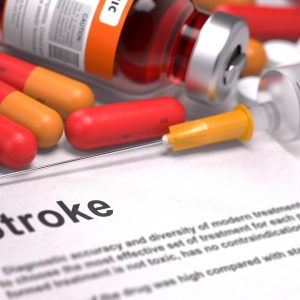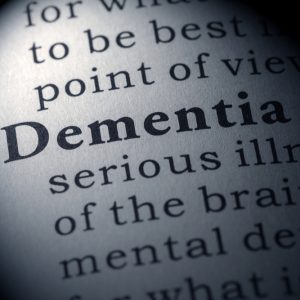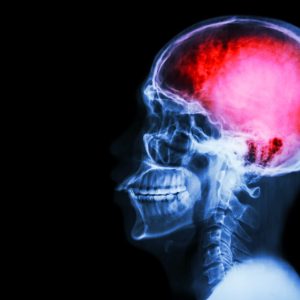
Thrombolysis will continue to be the mainstay for acute stroke treatment
Thrombolysis will continue to be the mainstay for acute stroke treatment, despite the recent revolution in neurointerventional clot retrieval. However, as there are ongoing limitations of thrombolysis of bleeding risk and reduced efficacy in large clots – what possible therapeutic advancements can complement or act as an adjuvant to thrombolysis? Neurointervention – effective, but limited […]
Read More







